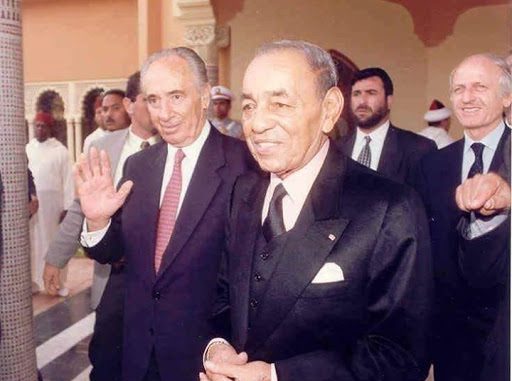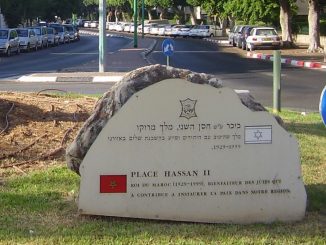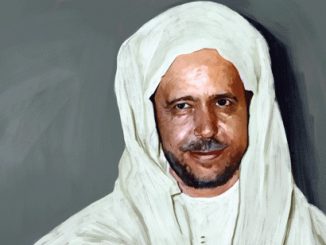
At the beginning of his reign, the late King Hassan II invited the Arab countries to integrate Israel into the Arab League and to recognize its existence, telling them that this state would not disappear. This proposal caused chaos and great controversy among Arab presidents and kings.
At a press conference with French journalist Eric Laurent, who asked the King when did his interest in the Arab-Israeli conflict begin, he replied: “I first became aware of this problem in 1956 because of the Franco-British campaign on the Suez Canal. In reality, the Soviet Union supported Israel’s entry into the United Nations despite the strong opposition of many countries, including Britain. When I realized how Britain began to support Israel in the Suez War, I realized that everyone agreed that the state of Israel should be restored so that it would never be destroyed. On the other hand, coexistence between Jews and Arabs in Morocco has lasted for centuries, and it is still one of the pillars of the country. I visited Lebanon, and at a dinner where Lebanese intellectuals were present, I told them with regret that the Arabs will simply never be able to find common ground or a solution to the conflict because Israel was a state that cannot disappear, and that if I were in their shoes I would have recognized its existence and added it to the Arab League, and that is what caused a controversy. “
King Hassan II also discussed the calls he made with Israeli officials, mentioning in the same book: “During the summit in Algeria, Gaddafi wore white gloves so as not to dirty his hands when we shake hands, because according to him my hand got dirty when I greeted Shimon Peres. At the end of the evening, however, he agreed to take off his gloves and shake my hand, and I told him many times, as well as the other Arab heads of state who, I believe, all agreed with me: “Which school of international politics forbids dialogue? “And I said to Gaddafi, “Can you mention a single incident in international and Arab history where a head of state or an intellectual refused to discuss even in the time of war? “




Be the first to comment